A Guide to Embryo Donation in Spain

Starting the journey to parenthood through embryo donation can be a path filled with hope and many questions. If you're considering this option, Spain is one of the most popular destinations, known for its advanced fertility treatments, experienced specialists, and clear legal framework. Finding an embryo donor in Spain is a process that is both well-regulated and supportive for intended parents. Unlike in some other countries, you won't be scrolling through donor profiles or meeting potential donors. Instead, the entire process is handled with complete anonymity and professionalism by licensed fertility clinics.
This guide is designed to walk you through every step of the process, from understanding the legal landscape to choosing the right clinic and preparing for your treatment. We'll answer the most common questions people have about embryo donation in Spain, providing you with the clear, expert information you need to move forward with confidence. Whether you are a single woman, a heterosexual couple, or part of a same-sex partnership, Spain's inclusive laws make this a viable and welcoming option for building your family.
How Do I Find an Embryo Donor in Spain?
In Spain, you do not find an embryo donor directly. The system is designed to be completely anonymous to protect both the donors and the recipients. Your point of contact and the facilitator of the entire process is a fertility clinic in Spain. These clinics have embryo banks, which consist of cryopreserved embryos from couples who have completed their own IVF treatments and have chosen to donate their remaining embryos to help others build their families.
The first step is to research and choose a reputable fertility clinic. Once you have selected a clinic, you will have an initial consultation where you will discuss your medical history and the embryo donation process. The clinic's medical team will then take on the responsibility of selecting a suitable embryo for you from their bank, based on specific matching criteria.
What is the Process of Embryo Donation in Spain?
The journey of embryo donation in Spain is a well-defined medical process. Here’s a step-by-step breakdown of what you can expect:
- Initial Consultation: You will meet with a fertility specialist to discuss the treatment, review your medical history, and undergo some basic tests.
- Uterine Preparation: Your uterus will be prepared to receive the embryo. This is typically done with a course of estrogen and progesterone medication to thicken the uterine lining (endometrium). This phase is monitored with ultrasounds.
- Embryo Selection: While you are preparing, the clinic's team will select a high-quality embryo from their bank that is a good phenotypic match for you.
- Embryo Transfer: This is a simple, non-surgical procedure that is usually painless and does not require anesthesia. A thin catheter is used to place the thawed embryo into your uterus.
- Post-Transfer and Pregnancy Test: After the transfer, you will continue with progesterone support. A blood or urine pregnancy test is scheduled for 10-14 days later to determine if the implantation was successful.
Is Embryo Donation Anonymous in Spain?
Spanish Law 14/2006 on Assisted Human Reproduction Techniques is very clear on the matter of anonymity. All donations of gametes (sperm and eggs) and embryos are anonymous. This means that as a recipient, you will not receive any identifying information about the donors, such as their names, photos, or personal details. Likewise, the donors will never know the identity of the recipients or any children born from their donation.
The clinic acts as the intermediary, ensuring that all legal and ethical guidelines are followed. While you won't get personal details, the clinic will provide you with non-identifying information about the donors, such as their age, blood type, and physical characteristics (hair color, eye color, height), to ensure a good match.
What are the Legal Requirements for Embryo Donors in Spain?
To ensure the health and quality of donated embryos, Spanish law sets out strict criteria for the individuals whose gametes were used to create them:
- Age: The woman who provided the eggs must have been under 35 years old at the time the embryos were created. The man who provided the sperm must have been under 50.
- Health Screening: Both genetic parents must have undergone thorough medical evaluations, including tests for infectious diseases like HIV, Hepatitis B and C, and syphilis.
- Genetic Screening: A detailed family medical history is taken to rule out hereditary diseases. Many clinics also perform karyotype analysis and screening for common genetic conditions like cystic fibrosis.
- Psychological Evaluation: Donors are assessed to ensure they understand the implications of their donation and are emotionally prepared.
How are Embryos Matched to Recipients?
The medical team at the fertility clinic is responsible for the matching process. Their goal is to achieve the greatest possible similarity between the physical characteristics of the genetic parents of the embryo and the intended parents. The primary factors considered during matching are:
- Phenotype: This includes race, ethnicity, hair color, eye color, and skin tone.
- Blood Type: The clinic will match the blood type and Rh factor of the embryo with the recipient.
This careful matching process helps to create a natural-feeling family bond and ensures that the process respects the physical characteristics of the recipient family.
What is the Success Rate of Embryo Donation in Spain?
Embryo donation often has some of the highest success rates of all assisted reproduction treatments. This is because the embryos used are of high quality, having been created from the eggs of women under 35 and the sperm of healthy men. These embryos have also successfully undergone the freezing and thawing process (vitrification), which is a sign of their resilience.
While success rates vary between clinics, many top fertility clinics in Spain report pregnancy rates per transfer in the range of 50% to 65%. The cumulative pregnancy rate after several transfers can be even higher. Your doctor will be able to give you a more personalized success projection based on your specific health profile.
How Much Does Embryo Donation Cost in Spain?
One of the significant advantages of embryo adoption in Spain is its affordability compared to other fertility treatments. The cost is lower because the expenses associated with ovarian stimulation, egg retrieval, and embryo creation have already been covered by the original couple. The cost for the recipient covers:
- The preparation of the recipient's endometrium.
- The thawing of the embryo.
- The embryo transfer procedure.
- All associated lab and medical team fees.
It's important to get a detailed cost breakdown from your chosen clinic to understand what is included and if there are any additional costs for medication, initial consultations, or preliminary tests.
How Do I Choose a Fertility Clinic in Spain for Embryo Donation?
Selecting the right clinic is a crucial step in your journey. Here are some factors to consider:
- Experience and Specialization: Look for clinics that have a dedicated and experienced team for embryo donation.
- Success Rates: Ask for their specific success rates for embryo donation, not just general IVF rates.
- Patient Care and Support: The clinic should provide excellent communication and support, especially for international patients. Look for clinics with multilingual staff.
- Technology: Ensure the clinic uses the latest technology for cryopreservation (vitrification) and embryo transfer.
- Transparency: The clinic should be transparent about costs, processes, and what you can expect at every stage.
- Reviews and Testimonials: Read reviews from previous patients to get a sense of their experience with the clinic.
Can Single Women and Same-Sex Couples Access Embryo Donation in Spain?
Spain has one of the most inclusive legal frameworks for assisted reproduction in Europe. The law focuses on the right of the woman to reproduce, making treatments like embryo donation in Spain fully accessible to:
- Single women who wish to become mothers.
- Lesbian couples.
- Heterosexual couples.
This welcoming and non-discriminatory approach is a key reason why so many international patients choose Spain for their fertility treatments.
What are the Differences Between Embryo Donation and Embryo Adoption?
You will often see both terms used by clinics and online resources, which can be confusing. However, in Spain, they mean the same thing. The treatment involves a couple donating their unused embryos (donation), and another individual or couple receiving them to achieve a pregnancy (adoption).
The term "adoption" is used to reflect the emotional and familial aspect of receiving an embryo, but it is not a legal adoption process in the traditional sense. It is a medical treatment governed by assisted reproduction laws, not adoption laws.
Are There Waiting Lists for Embryo Donation in Spain?
One of the benefits of choosing embryo donation in Spain is the general availability of embryos. Because Spain is a major hub for IVF, many clinics have well-established embryo banks. This means that once you have completed your initial consultation and preparatory tests, you can often start your treatment cycle without a significant delay.
In some rare cases, there might be a short wait if you have a less common phenotype that requires a more specific match. However, for most patients, the process can move forward very efficiently.
What Tests Will I Need Before an Embryo Transfer?
The tests required for the recipient are straightforward and are aimed at ensuring you are healthy and your uterus is ready for pregnancy. These usually include:
- Gynecological Examination: A standard check-up, including a pap smear if you haven't had one recently.
- Transvaginal Ultrasound: To check the health of your uterus and ovaries and to ensure there are no issues like polyps or fibroids that could interfere with implantation.
- Infectious Disease Screening: Blood tests for HIV, Hepatitis B and C, and syphilis, as required by law.
- Hormone Profile (optional): Sometimes a doctor may check certain hormone levels, but this is not always necessary for a donation cycle.
Ready to explore your options for embryo donation in Spain? PlacidWay can help you connect with leading fertility clinics in Spain. Let us help you take the next step on your journey to parenthood.


.png)

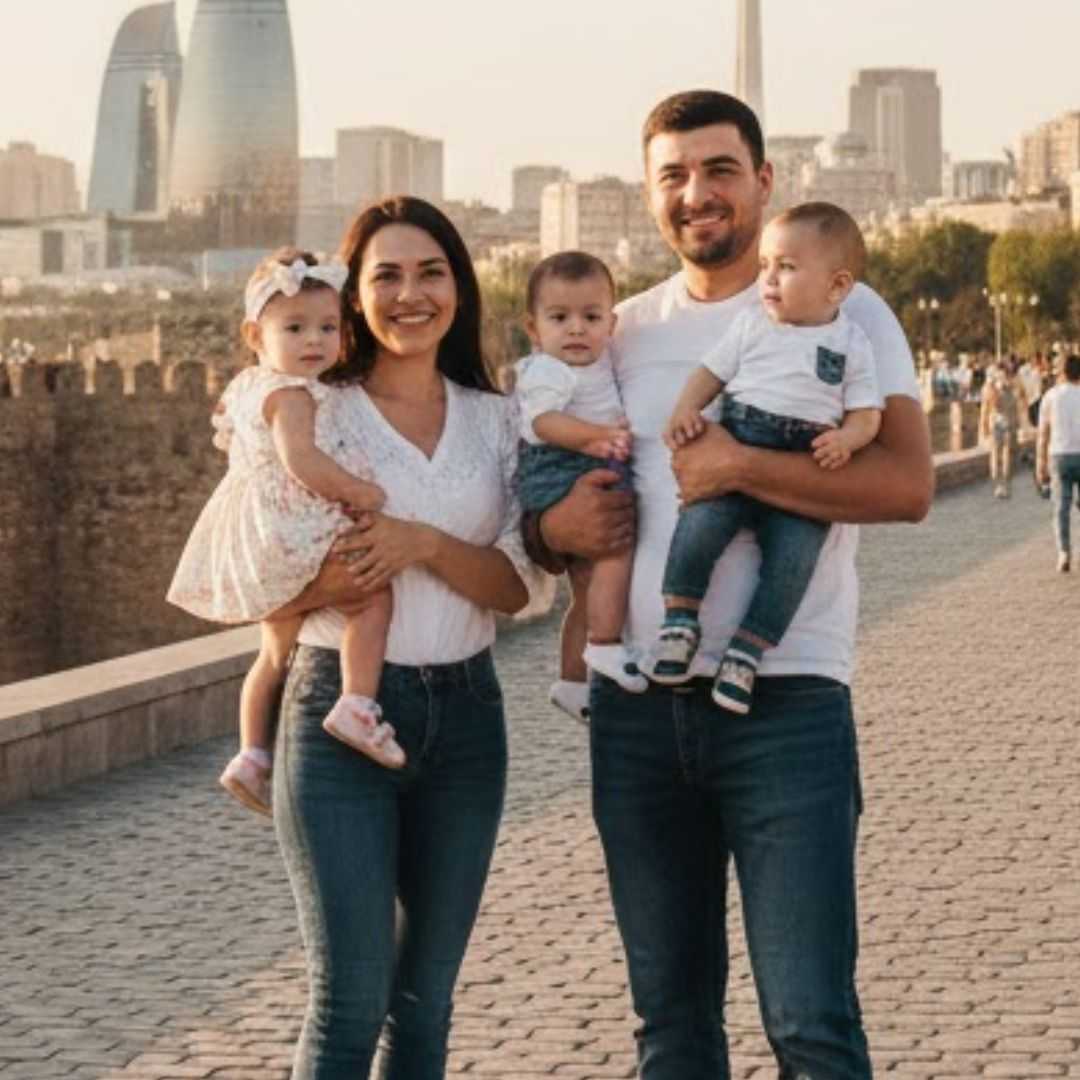
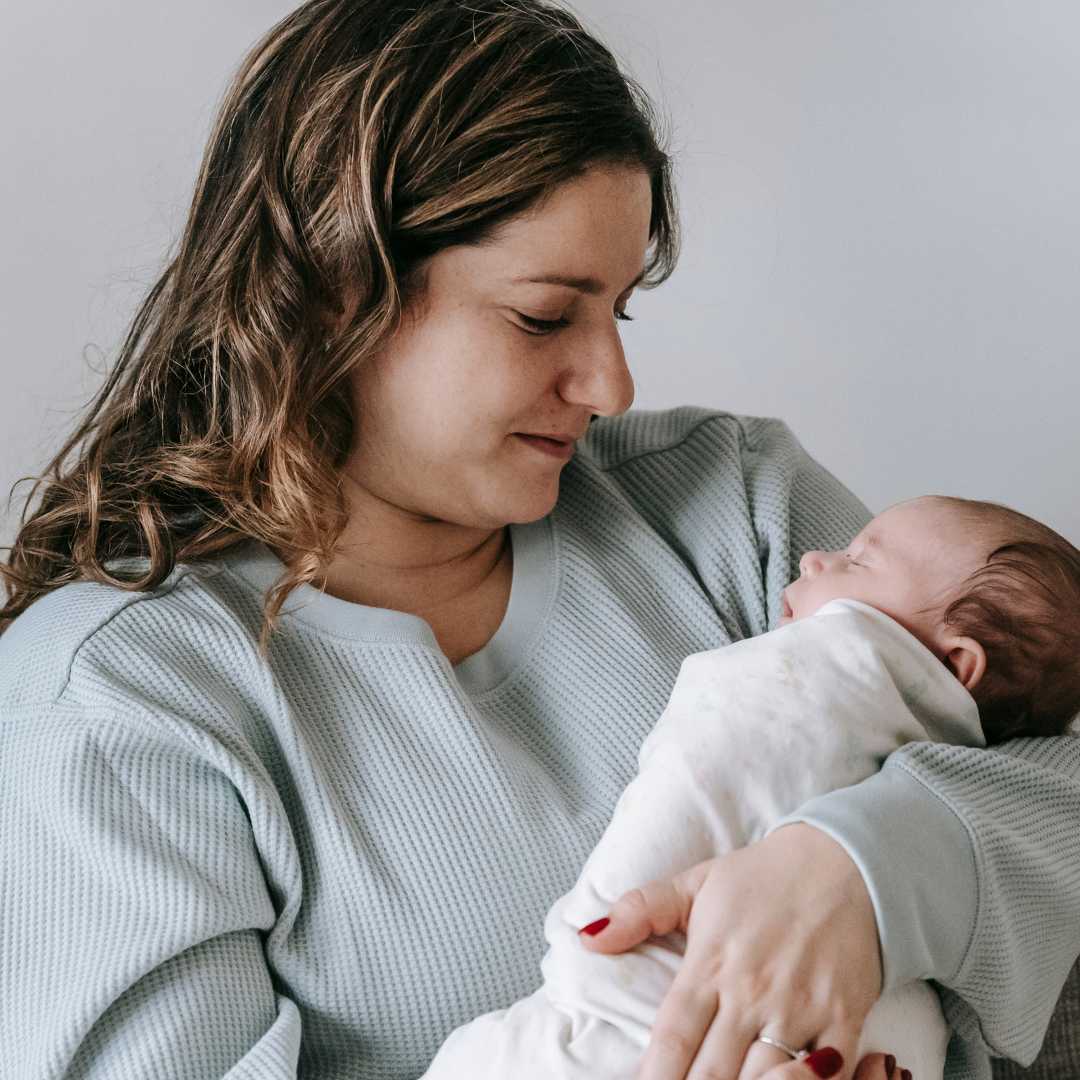
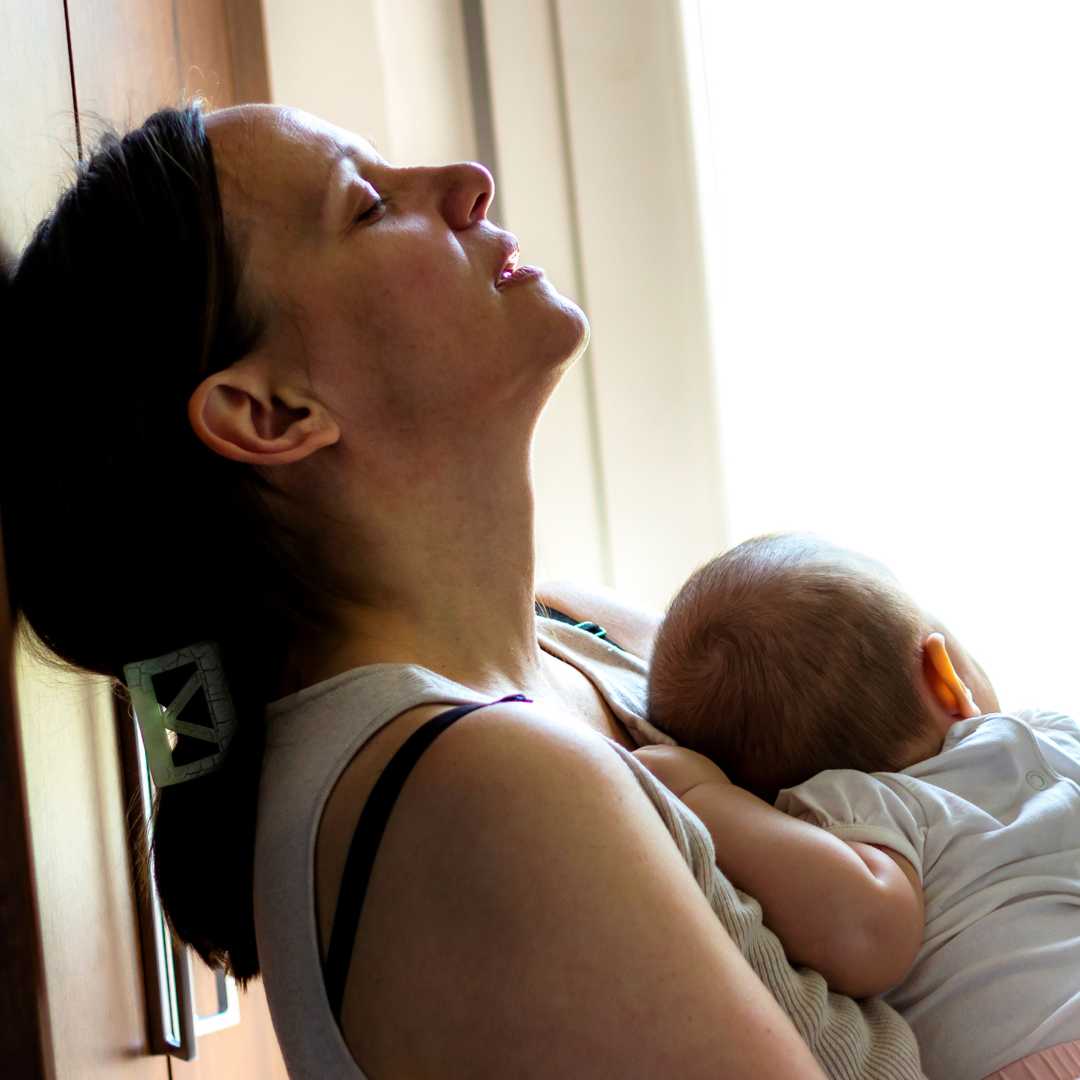
.png)
.png)
.png)
.png)
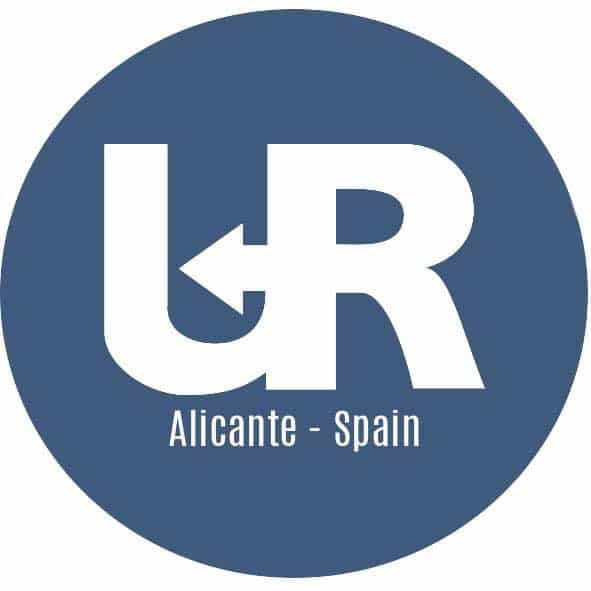

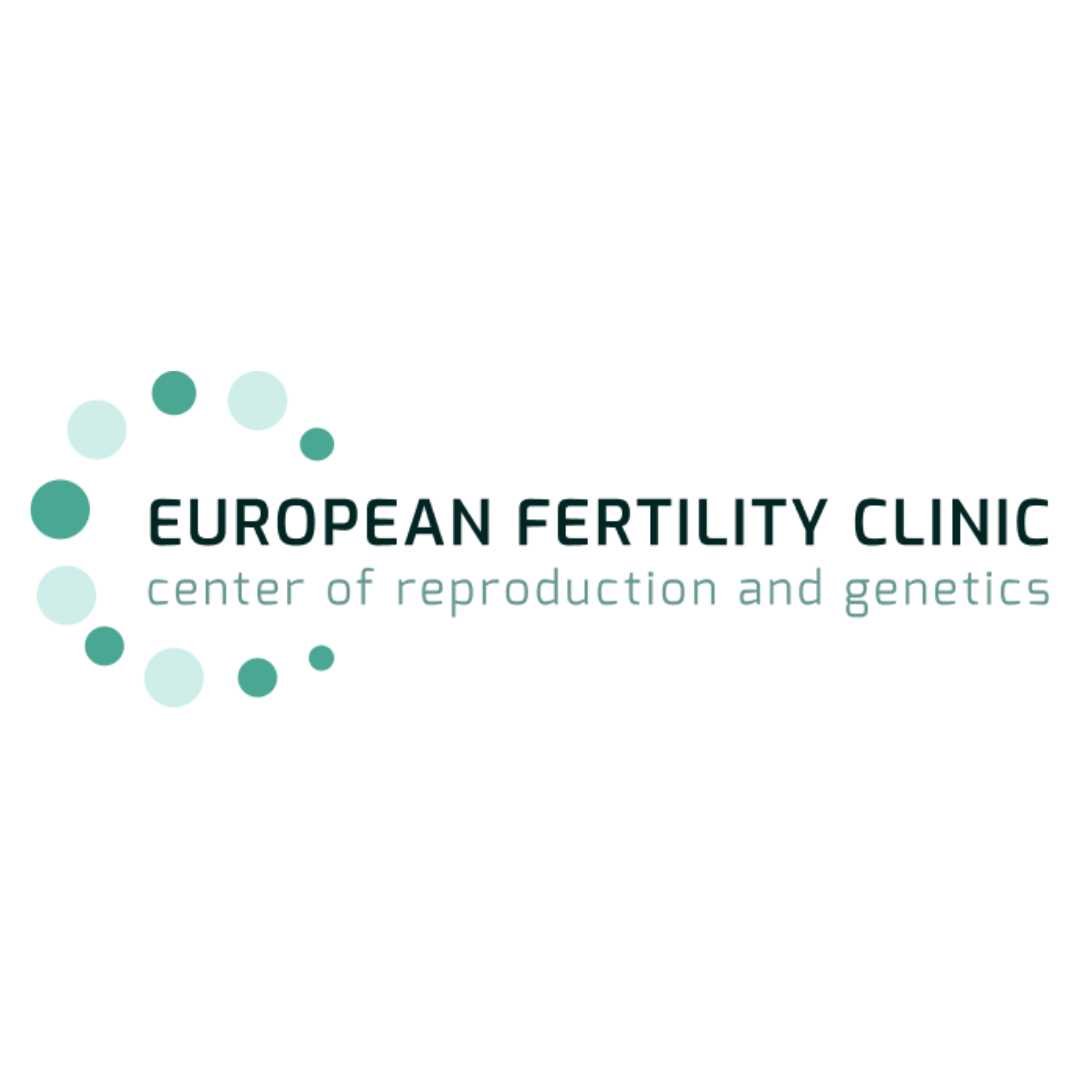


Share this listing